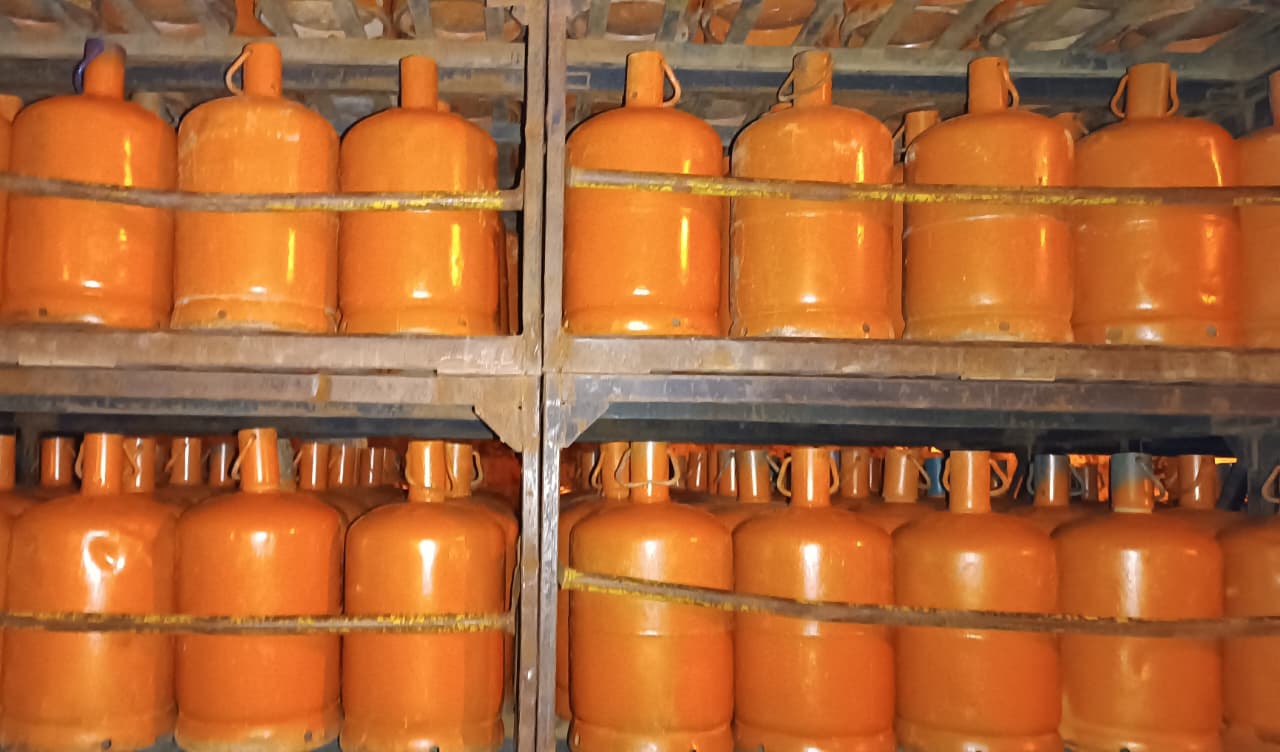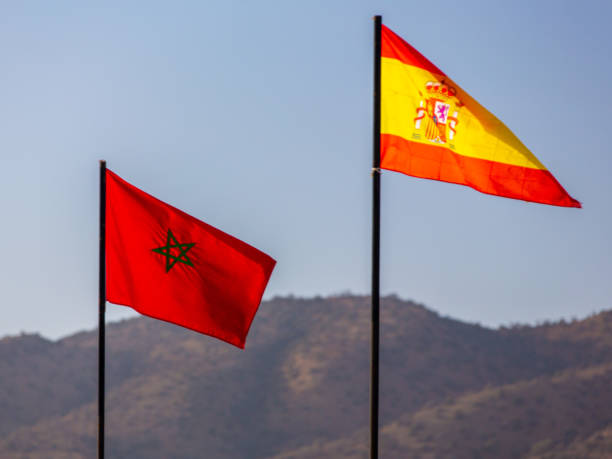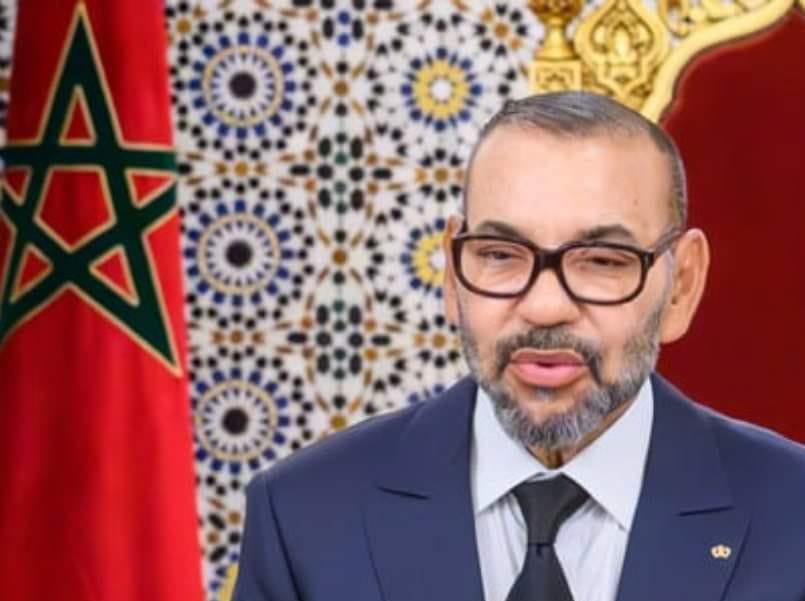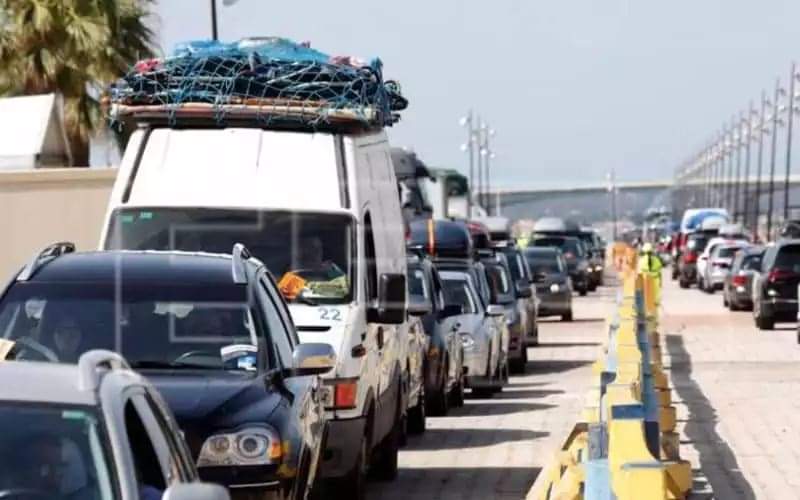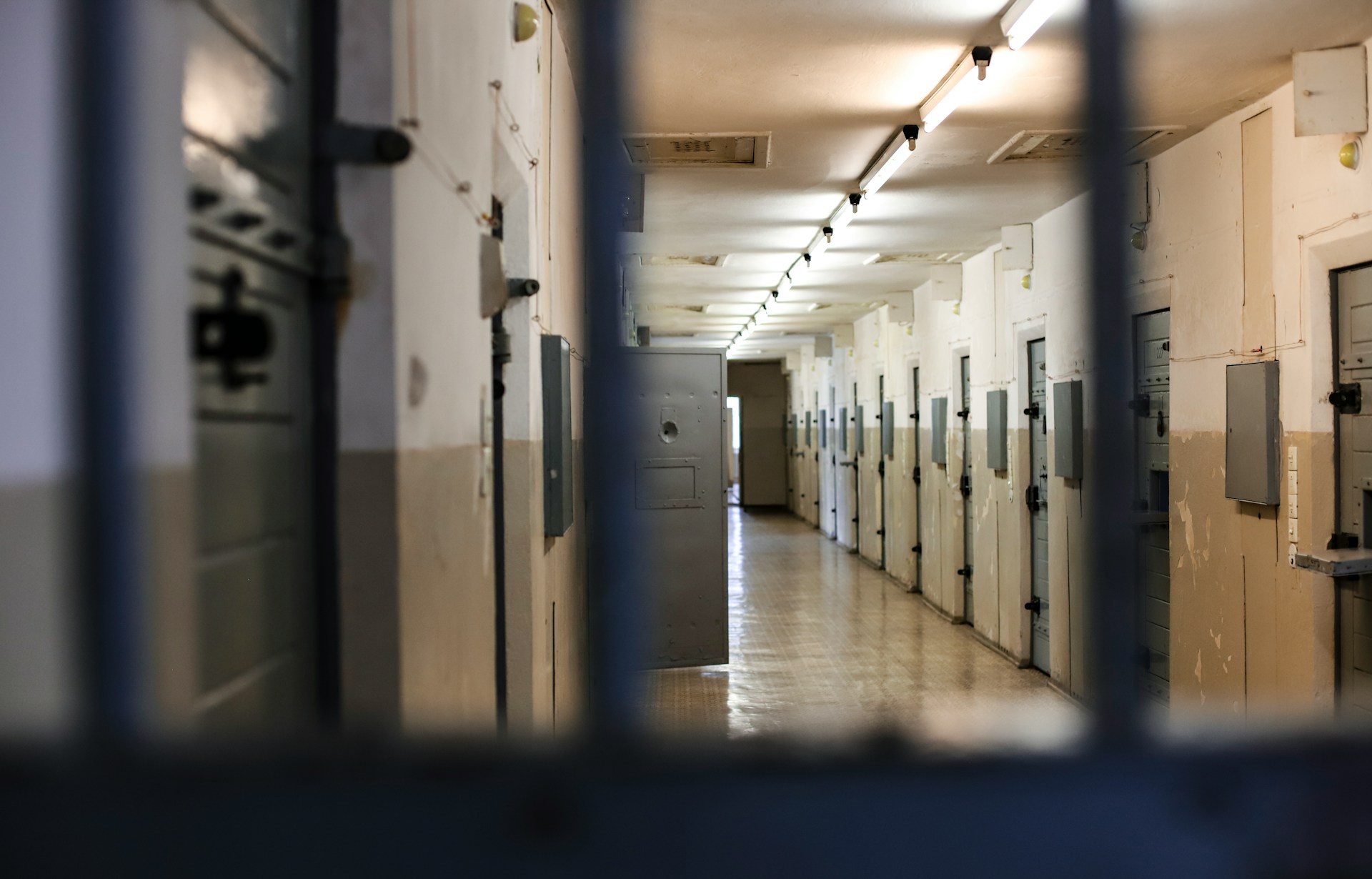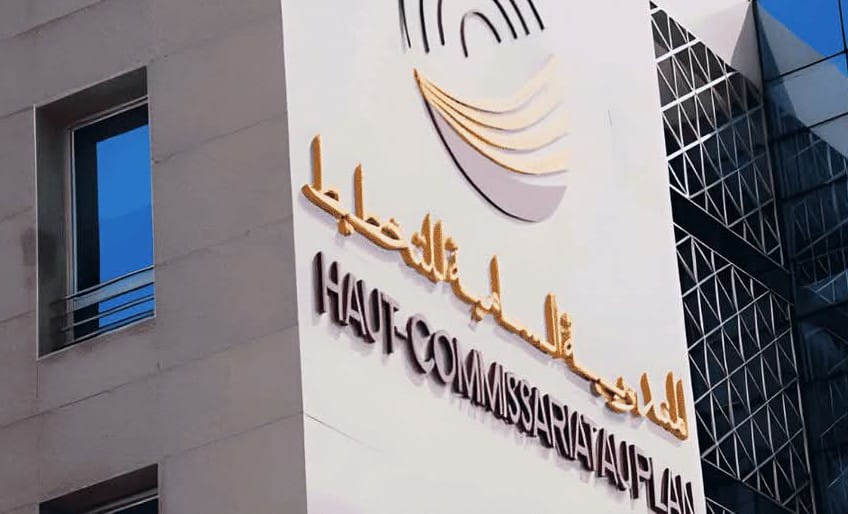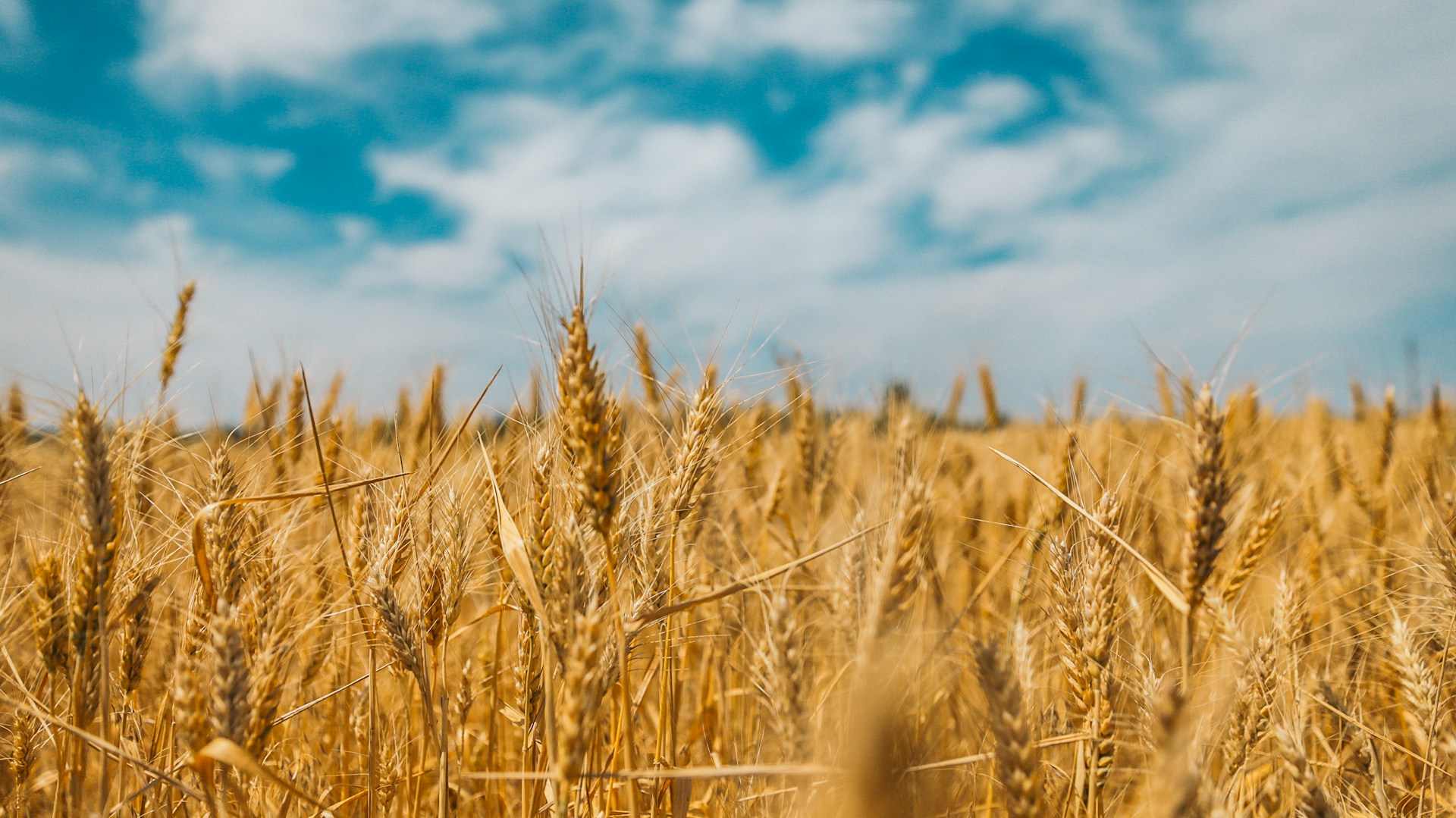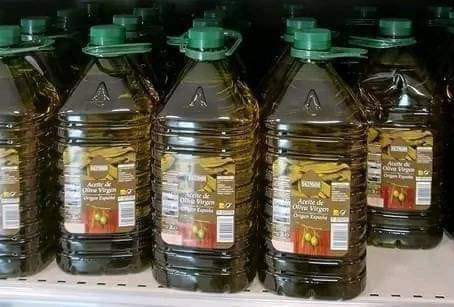Casablanca – Morocco will continue its policy of subsidizing essential goods in 2026, including butane gas, sugar, and soft wheat flour, as part of efforts to protect household purchasing power and maintain stable domestic prices despite ongoing fiscal reform. The 2026 Finance Bill allocates an overall subsidy envelope of $1.42 billion, reflecting the government’s commitment to cushioning the impact of global price fluctuations on consumers while gradually rebalancing public spending.
Continued support for butane gas despite fiscal pressures
Butane gas remains the cornerstone of Morocco’s subsidy program. Although the government has begun a gradual reform of the system, the fuel continues to receive the largest share of state support. Between January and August 2025, the average subsidy for a 12-kilogram butane gas cylinder stood at $5.51, marking a 14% decline compared to the same period in 2024. The overall compensation cost for gas during that period reached $876 million, representing a 17% annual decrease.
According to official data from the Ministry of Economy and Finance, this decline is linked to lower international butane prices, a weaker exchange rate, and a reduction in the per-cylinder subsidy by $1.03 beginning May 20, 2024. Despite this, the level of state support remains substantial — covering over 55% of the retail price — underscoring the government’s ongoing financial effort to maintain affordable energy for households, particularly in rural areas.
Consumption data reveal that Moroccans used around 154.85 million cylinders of 12 kilograms each during the first eight months of 2025, showing steady demand despite higher prices. Monthly consumption peaked in January, April, and May, exceeding 20 million cylinders, while August recorded the lowest level with 17.57 million.
The cost of monthly subsidies followed a similar pattern, dropping from $139.5 million in January to $83.3 million in June, before slightly rebounding to $84.1 million in August. This represents a 40% reduction in total monthly expenditure over the period.
Since 2012, Morocco has spent a total of $17.24 billion supporting butane prices, making the program one of the most significant public subsidy efforts worldwide. Officials acknowledge that while this policy has shielded households from volatile global markets, it has also placed a persistent strain on national finances. The cost of butane subsidies alone exceeds 4% of total public expenditure, a rate higher than that recorded in India, Egypt, Indonesia, or Tunisia.
U.S. maintains its lead as Morocco’s top butane supplier
Morocco’s heavy dependence on imported butane continues, with the United States maintaining its position as the country’s top supplier. In 2024, American butane accounted for 77% of Morocco’s total imports, while European sources represented just 23%. During the first half of 2025, the U.S. share fluctuated between 64% and 85%, making Morocco the largest importer of American butane with a 12.3% share of total U.S. exports, surpassing Japan and South Korea.
Imports increased by 4.5% in 2024 to reach a record 2.89 million tons, placing Morocco among the world’s leading importers of butane gas. The country’s port infrastructure has also adapted to accommodate larger vessels from North America, helping reduce transport costs and improve unloading efficiency.
The government’s continued reliance on imported energy highlights the delicate balance between fiscal sustainability and social protection. Officials have acknowledged that while reform is necessary, the transition must be gradual to avoid social and economic disruptions.
Broader subsidy commitments: sugar and wheat flour
Alongside energy subsidies, Morocco continues to support the prices of sugar and soft wheat flour, which are considered essential staples in Moroccan households. The average import subsidy for raw sugar fell sharply to $0.06 per kilogram in 2025, a 73% decline compared to 2024. Consequently, the total cost of sugar import subsidies dropped by 74% year-on-year to $36.7 million.
For refined sugar, the consumer subsidy remained fixed at $0.38 per kilogram, amounting to $314 million between January and August 2025 — a slight 0.8% annual increase.
In the wheat sector, the government maintained the suspension of import duties in 2025 while providing a flat-rate premium of $0.65 per quintal, down 51% from the previous year. The total budgetary cost of supporting soft wheat imports reached $26.5 million, a 65% reduction compared to 2024. Support for national soft wheat flour stood at $90.7 million, covering expenses related to local production, storage, and warehousing.
Targeted support for southern provinces
The state also continued to extend direct assistance to residents of Morocco’s southern provinces, allocating $9.1 million during the first eight months of 2025. These funds aimed to ensure regular supplies of essential goods and offset the additional logistics costs in remote regions.
Balancing social stability and fiscal reform
While the government’s 2026 Finance Bill maintains key subsidies, it also signals the continuation of gradual reform efforts aimed at reducing long-term fiscal pressure. Officials have emphasized that protecting the purchasing power of vulnerable households remains a top priority, but future reforms will increasingly focus on targeted social support rather than blanket subsidies.
As Morocco prepares for 2026, the challenge will lie in maintaining this delicate equilibrium — ensuring affordable access to essential goods while advancing toward a more sustainable and efficient subsidy system that better aligns with national development goals.






